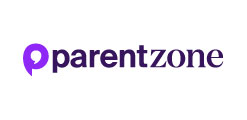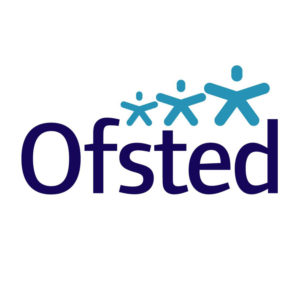Chapter Contents
- Promoting Educational Attainment
- Helping Your Young People Achieve at School
- Personal Education Plans (PEPs)
- Pupil Premium Grant Plus
Promoting Educational Attainment
The child’s local authority has a duty to promote good educational outcomes for them. When making a placement, the local authority must think about what effect it might have on the child’s education and consider the child’s view.
Throughout the foster placement, the child’s local authority must:
- Ensure that the child has a suitable school place, which meets their needs.
- Mediate on behalf of the child if they experience problems at school.
- Ensure that the care plan and placement plan reflect the child’s educational needs.
- Ensure that the child has an effective Personal Education Plan (PEP).
- Put funding in place to support additional needs that arise.
Local authorities appoint a Virtual School Head (sometimes a virtual school team) to ensure that they have effective systems in place to meet their responsibilities. In addition, every school must have a designated teacher for looked after children. This teacher plays an active role in supporting them and promoting their achievement.
Within foster placements, there are clear requirements to promote educational attainment (NMS 8). These requirements include:
- A foster home that supports the child’s development and promotes a learning environment
- Resources at home to support learning
- Ensuring that the child attends school or any alternative provision regularly
- Providing support to foster carers to enable them to work with the school/education provider to maximise the young person’s achievement
- Foster parents maintaining contact with the school/education provider and attending meetings and events, advocating for the child whenever needed
Training opportunity: The Education of Looked After Children
Read the Government’s guidance on promoting the education of looked after children
Helping Your Young People Achieve at School
At ISP, we want to see our young people achieve their academic potential at school; however, each child’s potential is different and they have varying needs. We will ask you to be actively involved in helping your young people succeed, with the support of the ISP team. We would like you to:
- Talk to school staff regularly, so that you know how the young person is progressing academically and socially.
- Be aware of homework and support your child to complete this on time and to the best of their ability. If they are not sure how to complete the work, help them to improve their knowledge and understanding in that subject/topic. Help them to look things up online, find a book at the local library or ask a teacher for help.
- Help young people learn that it is OK for them to make mistakes, and praise them when they have a go at something they find difficult. Supporting children to try new things and learn from their mistakes will help them to ‘grow and flourish’ at school; effort is as valuable as the outcome and helps develop academic resilience.
Complete our required training at Core grade: Helping children succeed at school
Read an article in our Knowledge Hub about helping children succeed at school.
Read the Anna Freud Centre’s guide to supporting children with the transition from primary to secondary school:
https://www.flipsnack.com/annafreud/supporting-children-through-secondary-transition.html
Personal Education Plans (PEPs)
The Personal Education Plan (PEP) is part of the child’s Care Plan. It should be a detailed record of the child’s current educational attainment, progress and potential. The child’s Local Authority will initiate the first PEP, and complete it in partnership with the child’s school and carers. A PEP should be in place within 20 days of a child becoming ‘looked after’, or changing school. The government recommends that the PEP is reviewed every term, and the school is responsible for PEP reviews.
Most Local Authorities now run an ePEP system which involves an on-line live document which the designated teacher completes prior to the PEP meeting. The meeting therefore focuses on discussing attendance, attainment, Pupil Premium Grant (PPG) spending and targets rather than paper form filling. Some local authorities are now starting to give carers on-line log in codes so that they can complete their section before the PEP meeting.
The PEP meeting will usually take place in school, and the school, the child’s social worker and the foster carers must attend. The young person must be aware of the meeting, and attend if appropriate. Other representatives from the virtual school team, education support services and social care might attend if required. Each Local Authority will have their own PEP forms and procedures, but they should all include:
- The pupil’s views
- A comprehensive record of the child’s progress and achievement at school
- Developmental and educational needs
- Actions and targets to meet these needs, both short-term and long-term.
Pupil Premium Grant Plus
Pupil Premium Grant Plus (PPG Plus) is a sum of money allocated to local authorities to be used for the benefit of looked after children, in accordance with their PEP.
The Virtual School head manages the PPG Plus. It is used according to the needs of each child. This means that some children will receive more money than others. The use of PPG Plus should be discussed and recorded at each Personal Education Plan (PEP) meeting.



